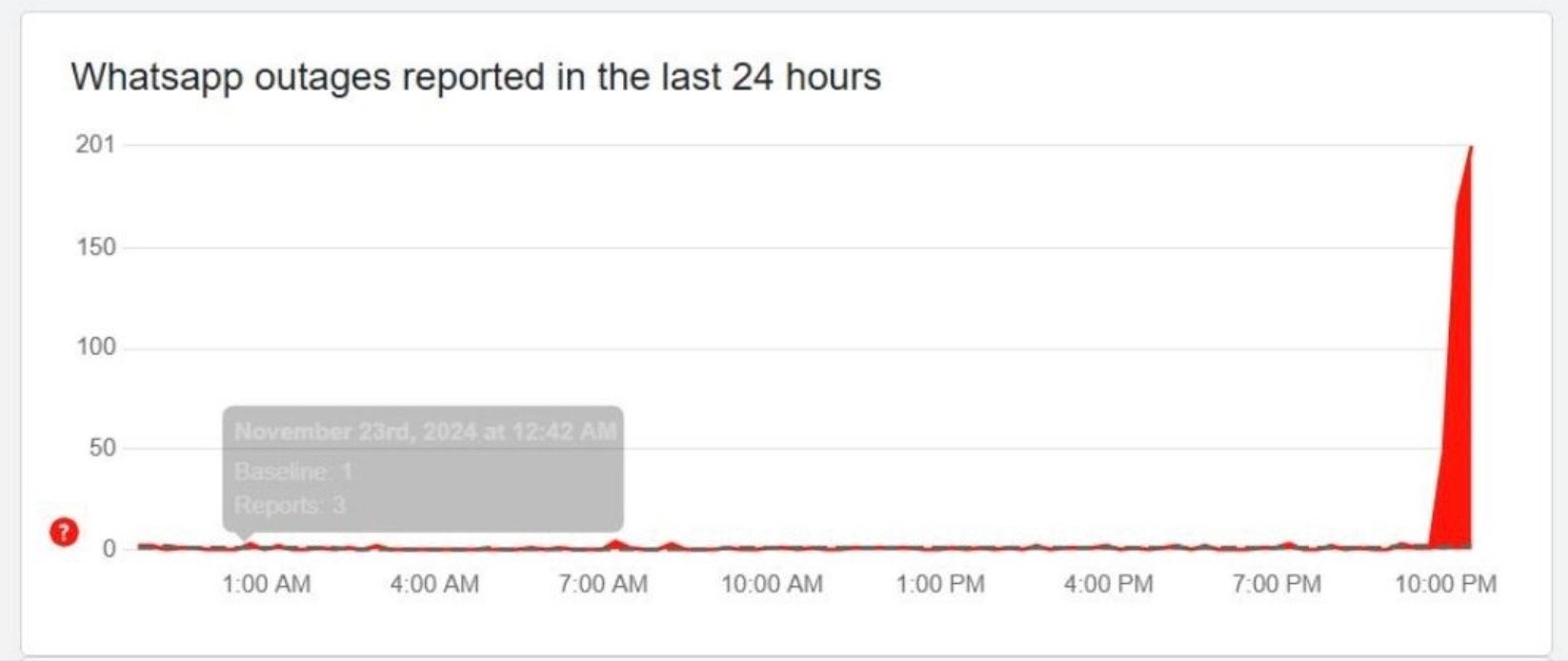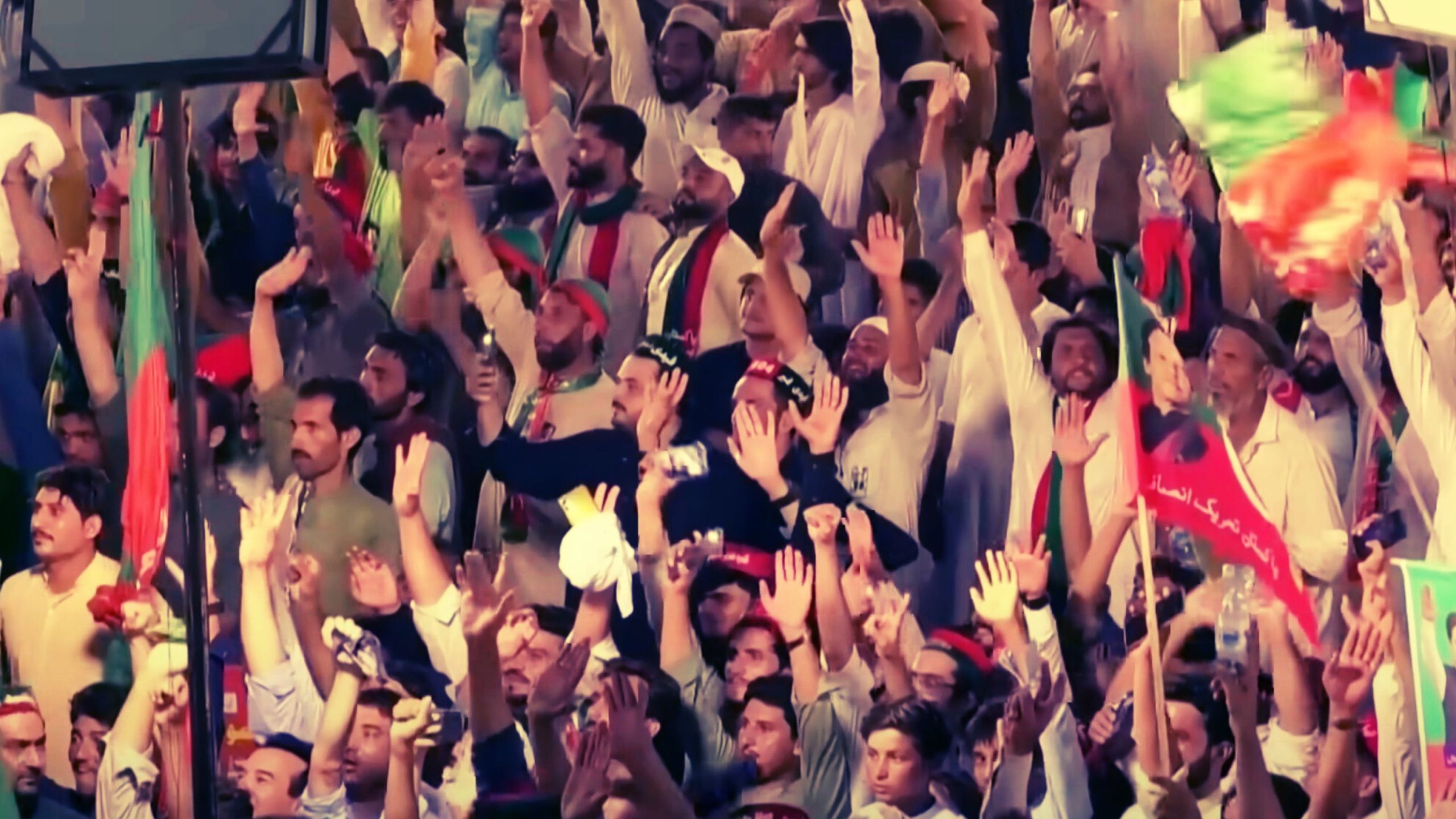Pakistan is experiencing political turmoil, with reports on Tuesday saying that supporters of jailed former Prime Minister Imran Khan had “stormed” the capital in a bid to get him released – with troops deployed, and news of casualties.
Ahead of the march, organized by the opposition Pakistan Tehreek-e-Insaf (PTI) party, the authorities moved to try to control the situation by partially disrupting access to the internet in general, but also reportedly, to a number of messaging and social platforms.
Related: Internet Blackouts Backfire as Protests Escalate in Bangladesh
This is a controversial, not always successful, but popular tactic often used in countries where governments face wide-scale political protests, meant to prevent participants from organizing online. On Monday, users across Pakistan were reporting internet outages, and difficulties in accessing WhatsApp, Instagram, Facebook, and other apps.

While the authorities said they planned internet shutdowns in security-sensitive areas, there has been no official word on the disruptions affecting users of said social platforms, with reports now speculating they are meant to disrupt the protest.
The problems faced by users accessing apps could be one of the consequences of the blackouts or a case of deliberate targeting of their functioning. The local press is quoting users as saying that the internet was so slow they were apparently able to log in to their accounts – but found it “nearly impossible” to share media files.
Downdetector on Monday confirmed that the internet was slow overall, with users in Pakistan finding it difficult to access social networks.
Some of those affected by these developments see it as an example of censorship that prevents users from accessing information and violates their freedom of expression – and this is happening just as those in power are using the same platforms they are making unavailable to many citizens.
As the security situation appears to be deteriorating on Tuesday, the likelihood of more stringent measures to throttle the internet and prevent online communications is also growing.
Meanwhile, some of the users facing these problems are pointing out that besides the political and censorship implications, having first made many key sectors internet-dependent – now effectively cutting people off from it represents a serious disruption to their everyday lives.












